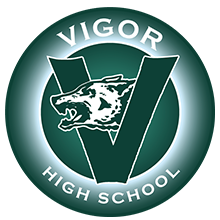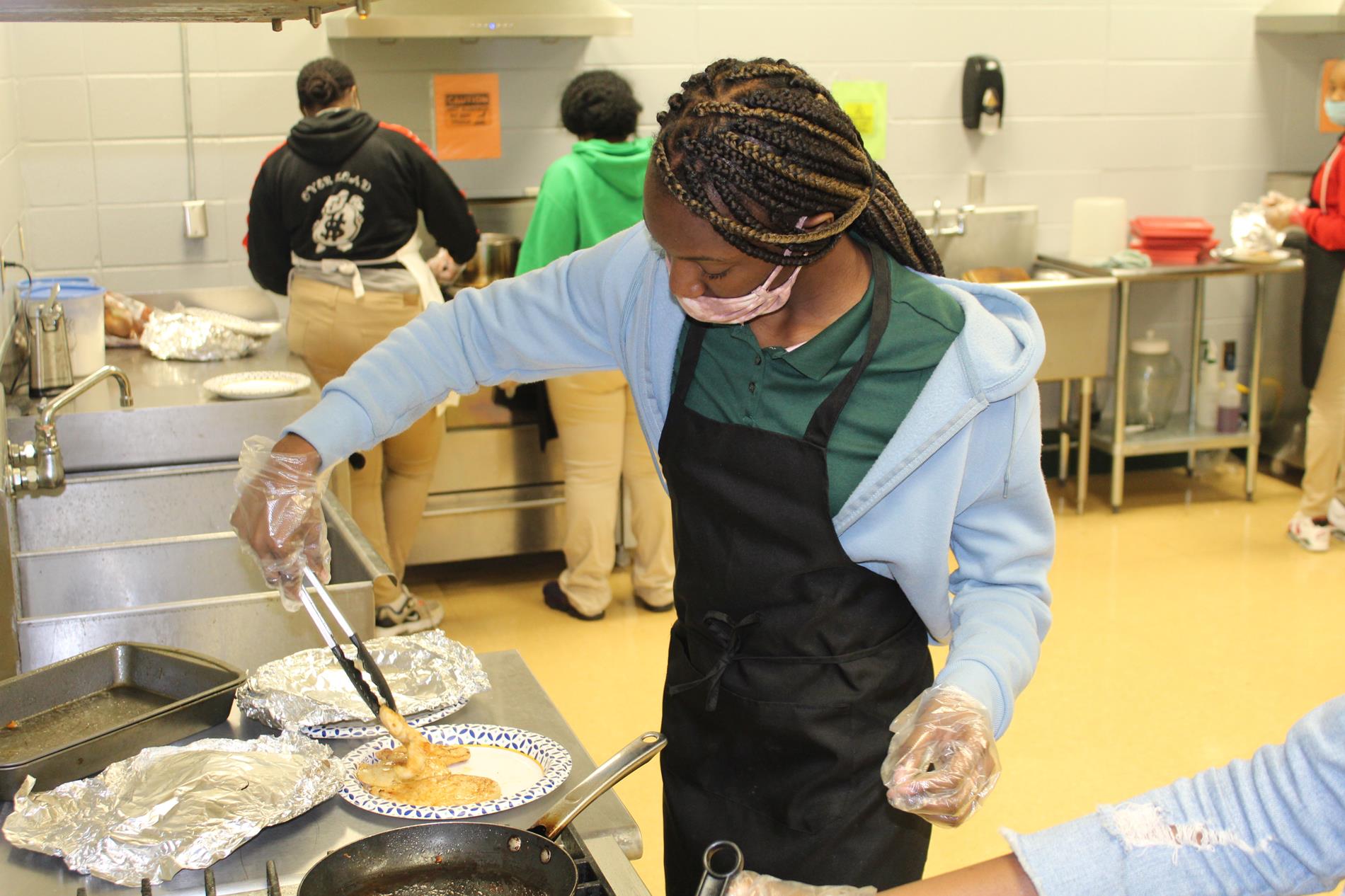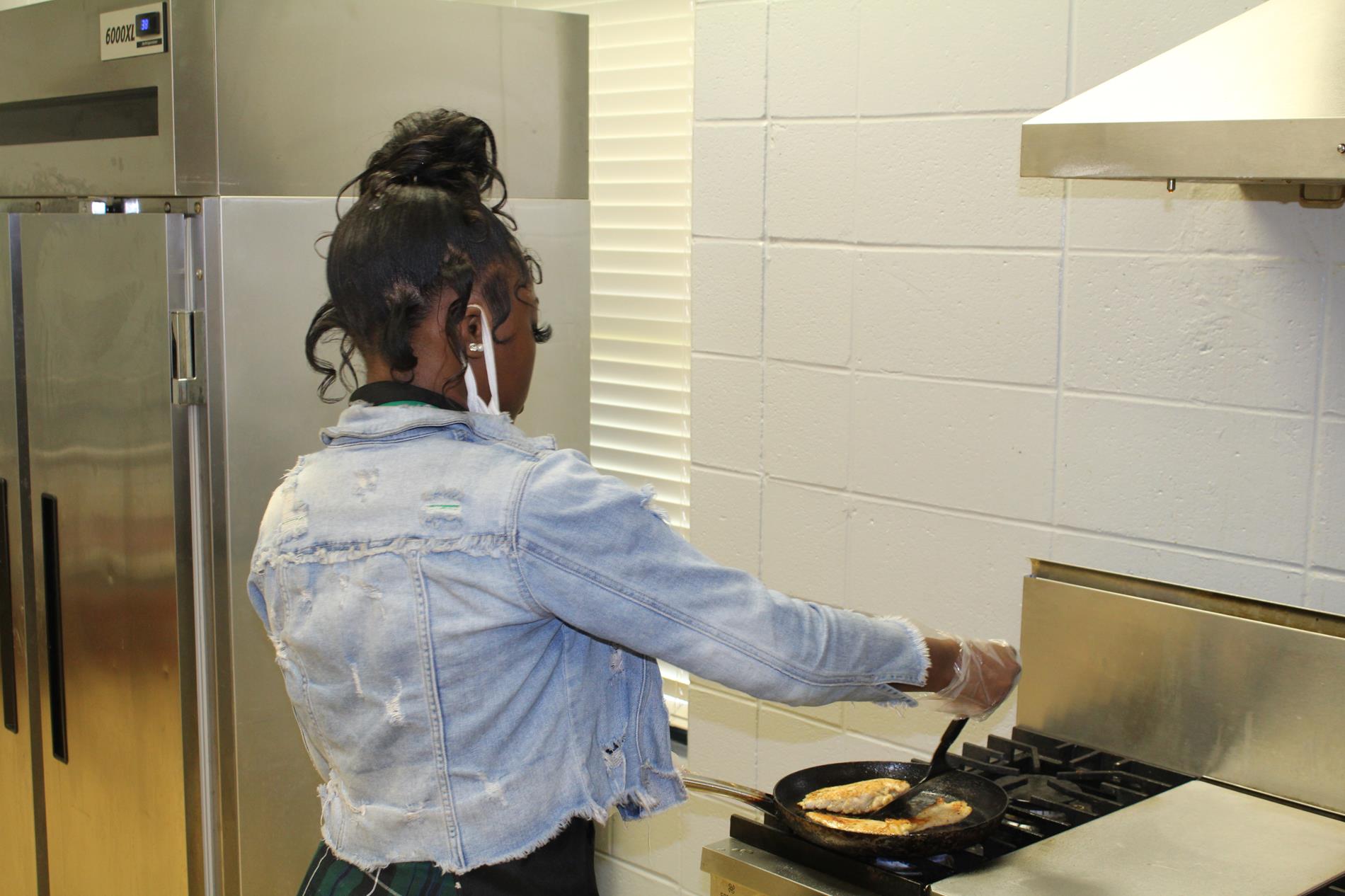Culinary Arts Academy
Culinary Arts Academy Information
This cluster prepares high school students for the management, marketing and operations of restaurants and other food services, lodging, attractions, recreation events and travel related services using real work, hands-on knowledge and skills in commercial and professional lab settings. This diversified and intensive education program enables students to pursue careers in restaurant, food, and beverage services; lodging; recreation, travel, and tourism.
Hospitality & Tourism
Hospitality and Tourism is a one-credit course that serves as the prerequisite for all pathways included in the Hospitality and Tourism cluster. Major topics include introduction to hospitality and tourism, recreation, travel and tourism, lodging, restaurant and food and beverage services, safety and sanitation, customer relations, and quality services. The required school-based laboratory for the Hospitality and Tourism cluster is a commercial food service kitchen with a food-serving and dining area. School-based laboratory experiences are essential for students to develop skills in the hospitality and tourism industry.
Food & Innovation Media
This course is designed to introduce students to the process of developing new food products for marketing, or adapting traditional ones to meet specific nutrition and marketing needs, and to follow consumer trends while utilizing a variety of technology. Course content provides opportunities for students to explore global food systems; examine trends in food processing and food innovations; research influences on purchasing behavior of consumers; develop and analyze recipes for new food products through experimental food labs; apply social media and digital design techniques, photographic styling applications, and journalism skills; and explore career options in this specific food industry
Event Planning
Students will learn to organize and plan all aspects of business and social events including the food, location, and decor associated with hiring an event planner. Concepts taught in the course to meet the needs of clients include planning for the event with activities, establishing a budget, determining the theme, planning the guest list, determining the location, developing an event plan schedule, planning transportation needs, training of staff, staging the event, calculating room and space requirements, providing necessary technology and equipment, planning food and beverage services, securing entertainment, understanding legal issues in event planning, and conducting post-evaluations of event. Students demonstrate leadership characteristics and make decisions based on integrating knowledge of financial, human resources, promotion, and event management principals.









